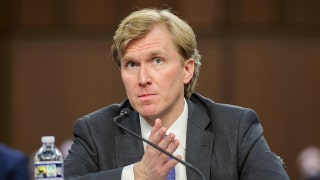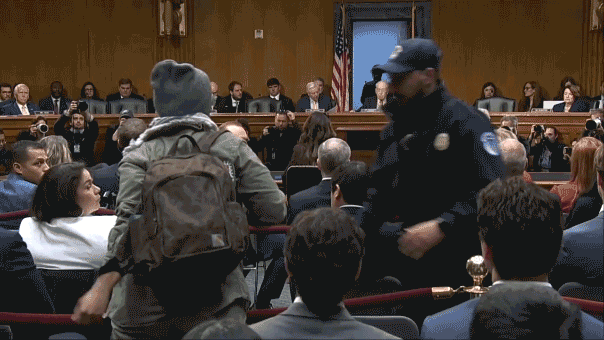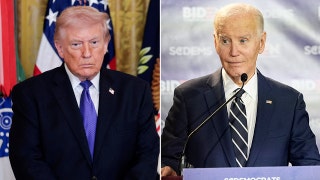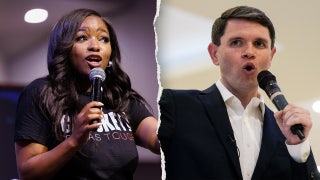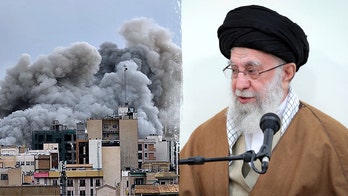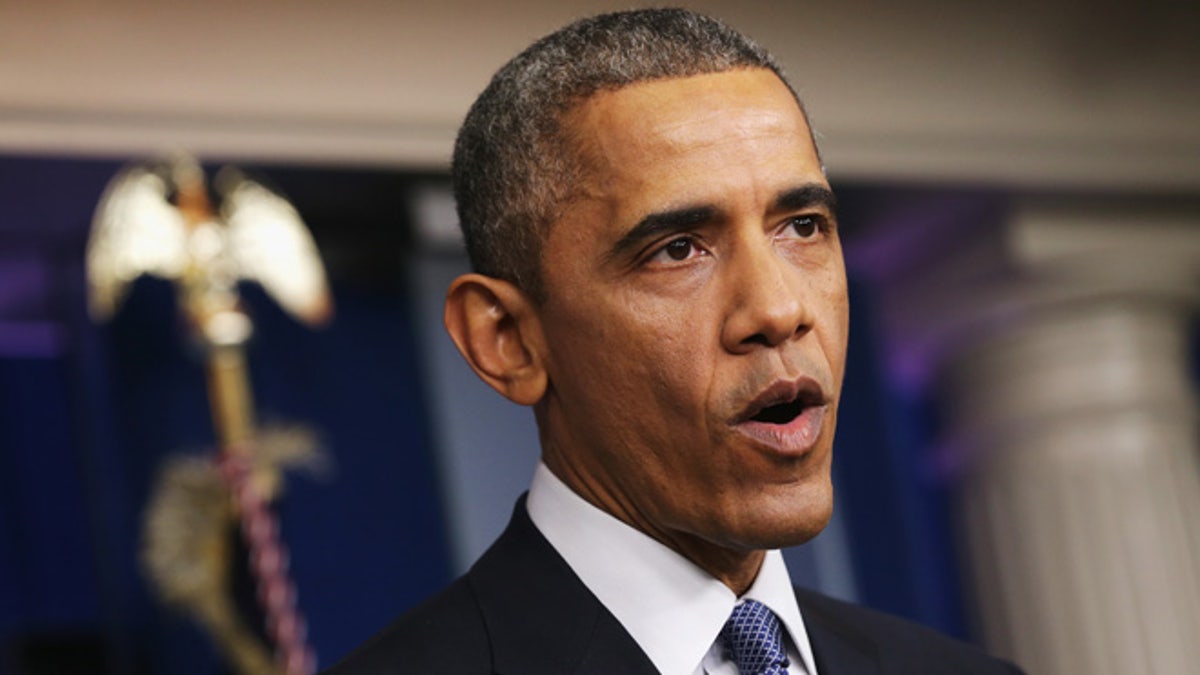
WASHINGTON, DC - DECEMBER 19: U.S. President Barack Obama speaks to members of the media during his last news conference of the year in the James Brady Press Briefing Room of the White House December 19, 2014 in Washington, DC. (Photo by Chip Somodevilla/Getty Images) (2014 Getty Images)
U.S. President Barack Obama said during his end-of-year press conference at the White House that he feels confident in the renewed relations between Washington and Cuba but that the Cuban government still has great deal of work to do when it comes to human rights and personal freedoms on the island.
The president on Wednesday announced a diplomatic opening with Cuba, lifting certain travel and economic restrictions. A broader, 50-year-old economic embargo on Cuba remains in place and can only be lifted by Congress.
The historic deal with Havana was negotiated as part of Cuba's release of American Alan Gross, who had been imprisoned in Cuba for five years. The deal also involved a spy swap. Cuba released a Cuban who had been in prison for nearly 20 years for spying for the United States. The U.S. in turn released three Cubans convicted of spying.
"The whole point of having relations is that we can have greater opportunity for influence with that government," Obama said. "I would be surprised if the Cuba government purposely tries to undermine what is effectively their own policy.”
"That doesn't mean over next two years we can anticipate them taking actions we might find deeply troubling, either in Cuba or with their foreign policy," Obama added. "But that's true of a lot of countries where we have an embassy.”
The president also said that he also sympathizes with dissidents and human rights activists working in the working in the country. One of the U.S.’s major gripes with the regime of Raúl Castro is the jailing political prisoners and oppression of free speech on the island.
As part of the deal reached between Havana and Washington earlier this week, the Cuban government released over 50 political prisoners along with the two Americans and also said it would allow the International Red Cross into the country – both moves being praised by Obama.
"I share the concerns of dissidents there and human rights activists that this is still a regime that oppresses its people," he said. "I don’t anticipate overnight changes, but what I know deep in my bones is that if you’ve done the same thing for 50 years and nothing has changed you should try something different if you want a different outcome.”
In regards to any travel plans for Obama to go to Havana in the near future, the president appeared to brush the idea away, but did say that he could make a trip to Cuba sometime in his life.
"We're not at a stage where me visiting Cuba or Castro coming to U.S. is in the cards," he said. "I don't know how this relationship will develop over next several years. I'm a fairly young man so I imagine at some point in my life I will visit Cuba.”
Obama also added that the only time that former Cuban leader Fidel Castro was brought up in the discussions was after the president’s opening remarks to Raúl Castro, which went on for several minutes. Obama apologized to Castro, but the younger Castro brother jested about how long Fidel used to speak for.
"[Raúl] Castro said don't worry about it, you are still young man and chance to break Fidel’s record. He spoke once for seven hours straight," Obama said. "Then his own remarks lasted at least twice as long as mine allowing me to say ‘runs in the family.’"
The Associated Press contributed to this report.



